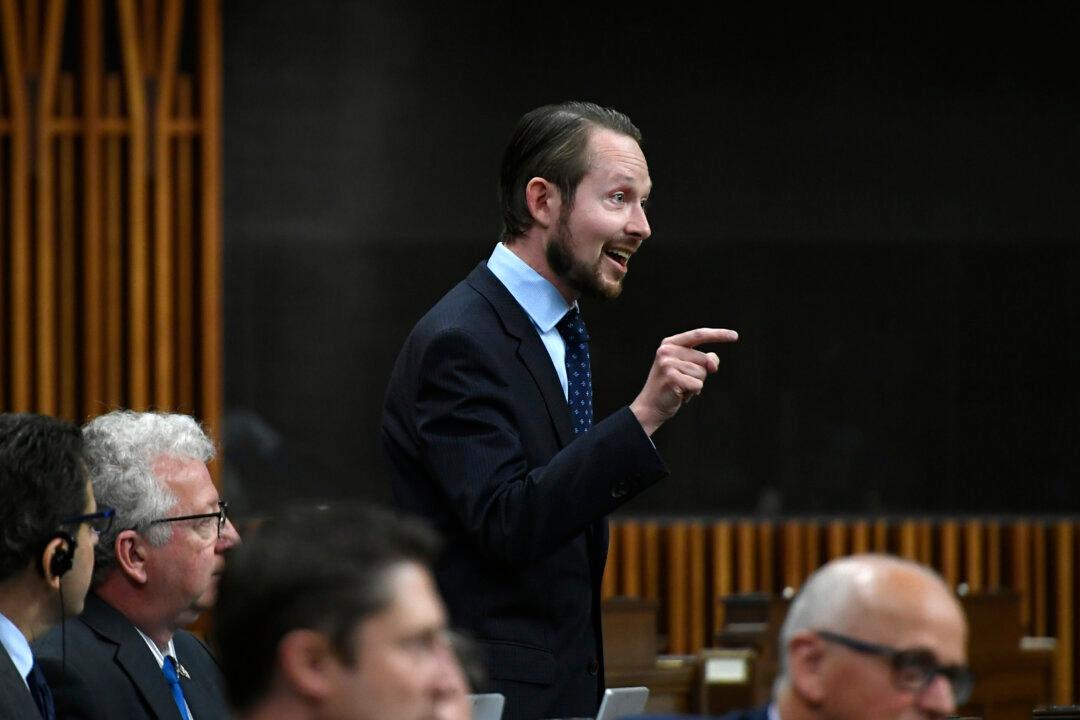Conservative, Bloc, and NDP MPs are requesting an emergency House of Commons meeting to get answers over reports that the Chinese Communist Party (CCP) had “actively worked to influence” Canada’s federal election in 2019.
The allegations stem from a Global News report on Nov. 7 that intelligence officials had warned Prime Minister Justin Trudeau and several cabinet members in a series of briefings and memos in January that Beijing has been allegedly targeting Canada with an extensive campaign of foreign interference.





